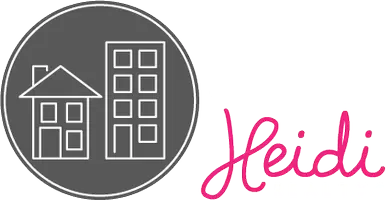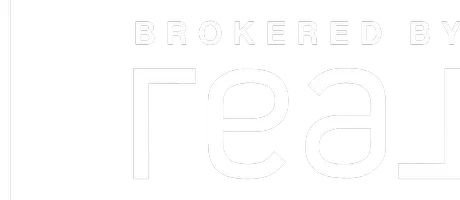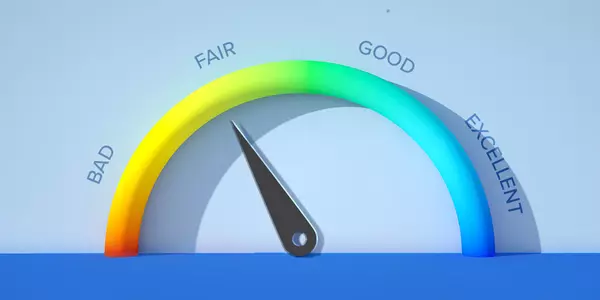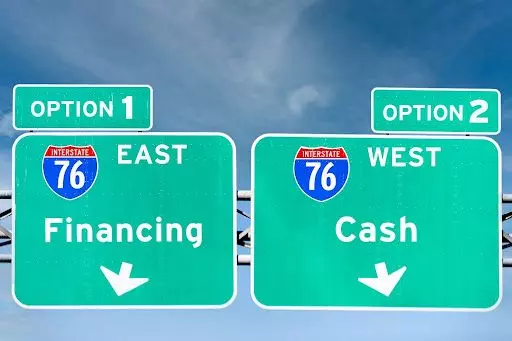The Pros and Cons of Cash vs. Financing
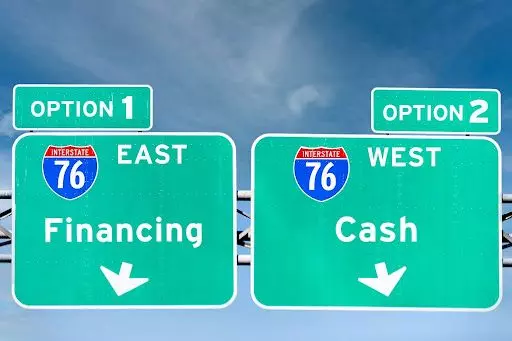
The Pros and Cons of Cash vs. Financing
When it comes to purchasing a home, one of the primary decisions buyers face is whether to pay in cash or to finance the purchase with a mortgage. Both options come with their own set of advantages and disadvantages, and the right choice depends on individual circumstances, financial goals, and market conditions. Here's an in-depth look at the pros and cons of paying cash versus financing a home purchase.
Paying Cash
Pros:
- No Monthly Mortgage Payments
- One of the most significant benefits of paying cash for a home is the absence of monthly mortgage payments. This can provide financial freedom and peace of mind, as homeowners are not burdened with debt repayment obligations.
- Interest Savings
- By paying cash, buyers avoid the interest payments that come with a mortgage. Over the life of a loan, interest can add up to a substantial amount, so paying cash can result in significant savings.
- Faster Closing Process
- Cash transactions typically have a faster closing process since there is no need to secure financing, undergo credit checks, or wait for lender approvals. This can be especially advantageous in competitive markets where a quick close can make an offer more attractive to sellers.
- Stronger Negotiating Position
- Cash buyers often have more negotiating power, as sellers may prefer the certainty and simplicity of a cash deal. This can sometimes lead to a lower purchase price or additional concessions from the seller.
- No Risk of Foreclosure
- Without a mortgage, there is no risk of foreclosure due to missed payments. This provides security and stability for homeowners.
Cons:
- Opportunity Cost
- Using a large sum of cash to purchase a home means those funds are no longer available for other investments. Buyers must consider the opportunity cost of tying up their capital in real estate instead of potentially higher-yield investments.
- Liquidity Concerns
- Paying cash for a home can significantly reduce a buyer's liquidity. In case of emergencies or unexpected expenses, having a substantial amount of money tied up in a property may limit access to readily available funds.
- Loss of Tax Benefits
- Mortgage interest is tax-deductible for many homeowners. By paying cash, buyers forgo this potential tax benefit, which can be particularly valuable for those in higher tax brackets.
- Less Diversification
- Investing a large amount of cash in a single property can reduce portfolio diversification. Diversification is a key strategy for managing risk, so putting all funds into real estate may not align with a well-balanced investment approach.
Financing
Pros:
- Leverage
- Financing allows buyers to leverage their funds, meaning they can purchase a more expensive property than they could afford with cash alone. This can be advantageous in appreciating markets where property values are expected to increase.
- Tax Benefits
- Mortgage interest is tax-deductible for many homeowners, which can reduce taxable income and provide significant savings over time. This is one of the most substantial financial incentives for financing a home.
- Preservation of Cash Reserves
- By financing a home, buyers can preserve their cash reserves for other investments, emergencies, or future financial needs. This can provide greater financial flexibility and security.
- Potential for Higher Returns
- By using cash for other investments that offer higher returns, buyers can potentially grow their wealth more effectively. This can be especially true in a low-interest-rate environment where mortgage rates are relatively low.
Cons:
- Monthly Mortgage Payments
- Financing a home means committing to monthly mortgage payments, which can impact cash flow and financial planning. Missing payments can lead to penalties, a damaged credit score, and even foreclosure.
- Interest Costs
- Over the life of a mortgage, the interest paid can add up to a substantial amount, significantly increasing the total cost of the home. This is especially true for long-term loans.
- Qualification Requirements
- Obtaining a mortgage requires meeting certain qualification criteria, including credit score, income, and debt-to-income ratio. Some buyers may face challenges in securing favorable loan terms or may not qualify for a mortgage at all.
- Closing Costs and Fees
- Financing a home involves various closing costs and fees, including origination fees, appraisal fees, and mortgage insurance. These additional costs can add up and impact the overall affordability of the home.
Conclusion
The decision to pay cash or finance a home purchase depends on individual financial circumstances, goals, and preferences. Paying cash offers the advantages of no mortgage payments, interest savings, a faster closing process, and a stronger negotiating position. However, it also comes with opportunity costs, liquidity concerns, loss of tax benefits, and reduced diversification.
On the other hand, financing allows buyers to leverage their funds, benefit from tax deductions, preserve cash reserves, and potentially achieve higher returns through other investments. However, it also entails monthly mortgage payments, interest costs, qualification requirements, and additional closing costs.
Ultimately, the best choice varies for each buyer. Those with substantial cash reserves who prioritize financial security and simplicity may prefer paying cash. Meanwhile, buyers looking to maximize their investment potential, benefit from tax deductions, and maintain financial flexibility may lean towards financing. Consulting with financial advisors and mortgage professionals can help buyers make an informed decision that aligns with their overall financial strategy and long-term goals.
